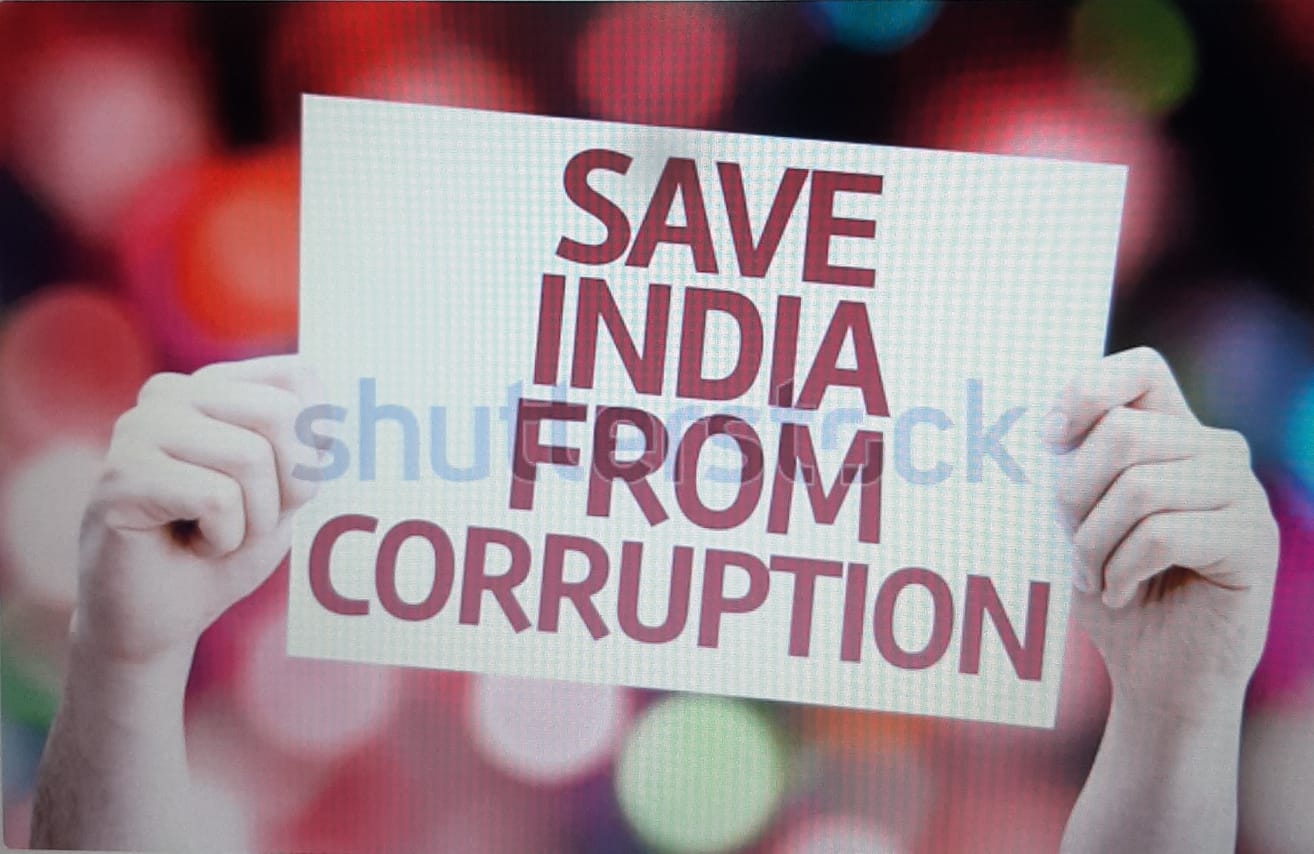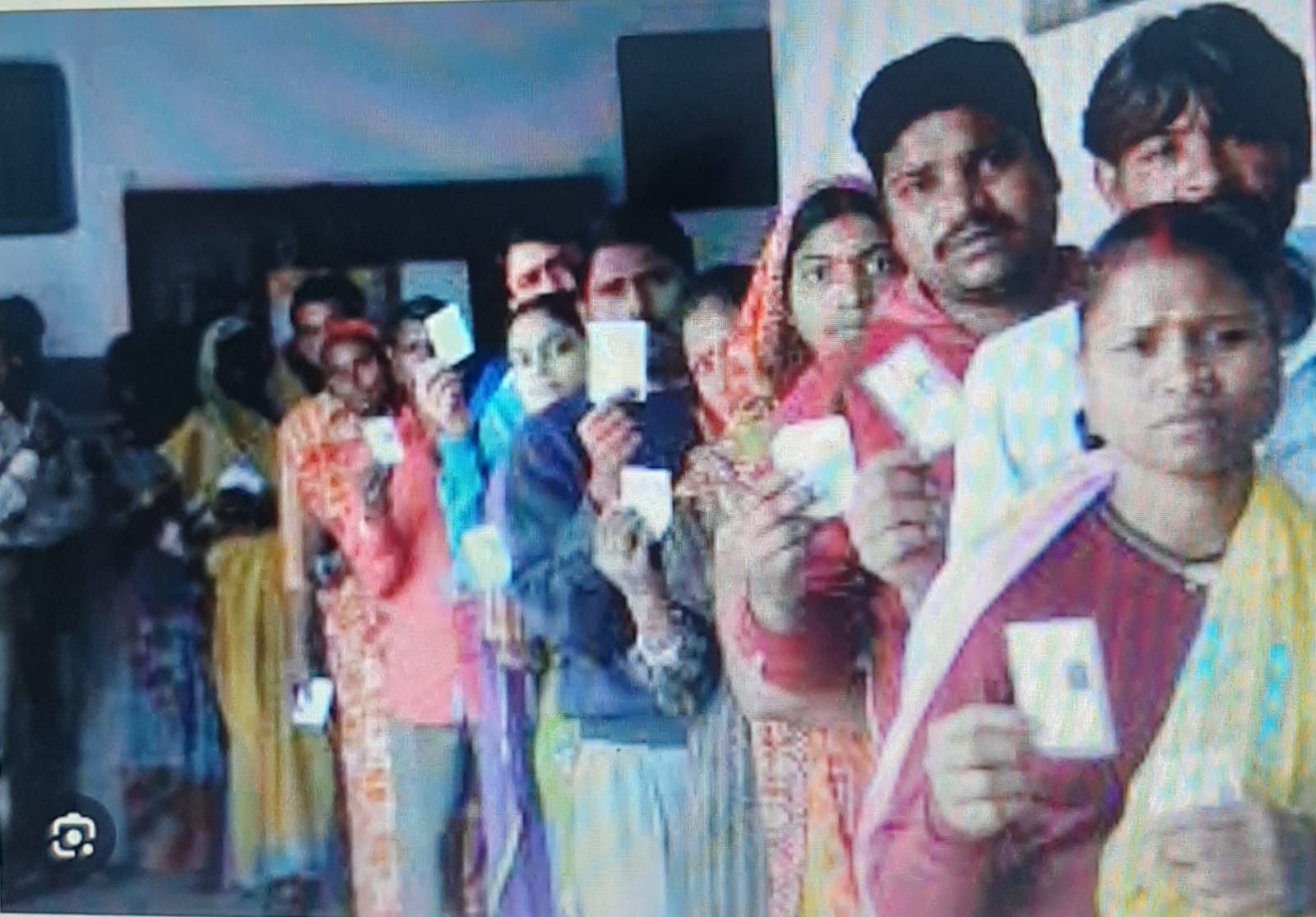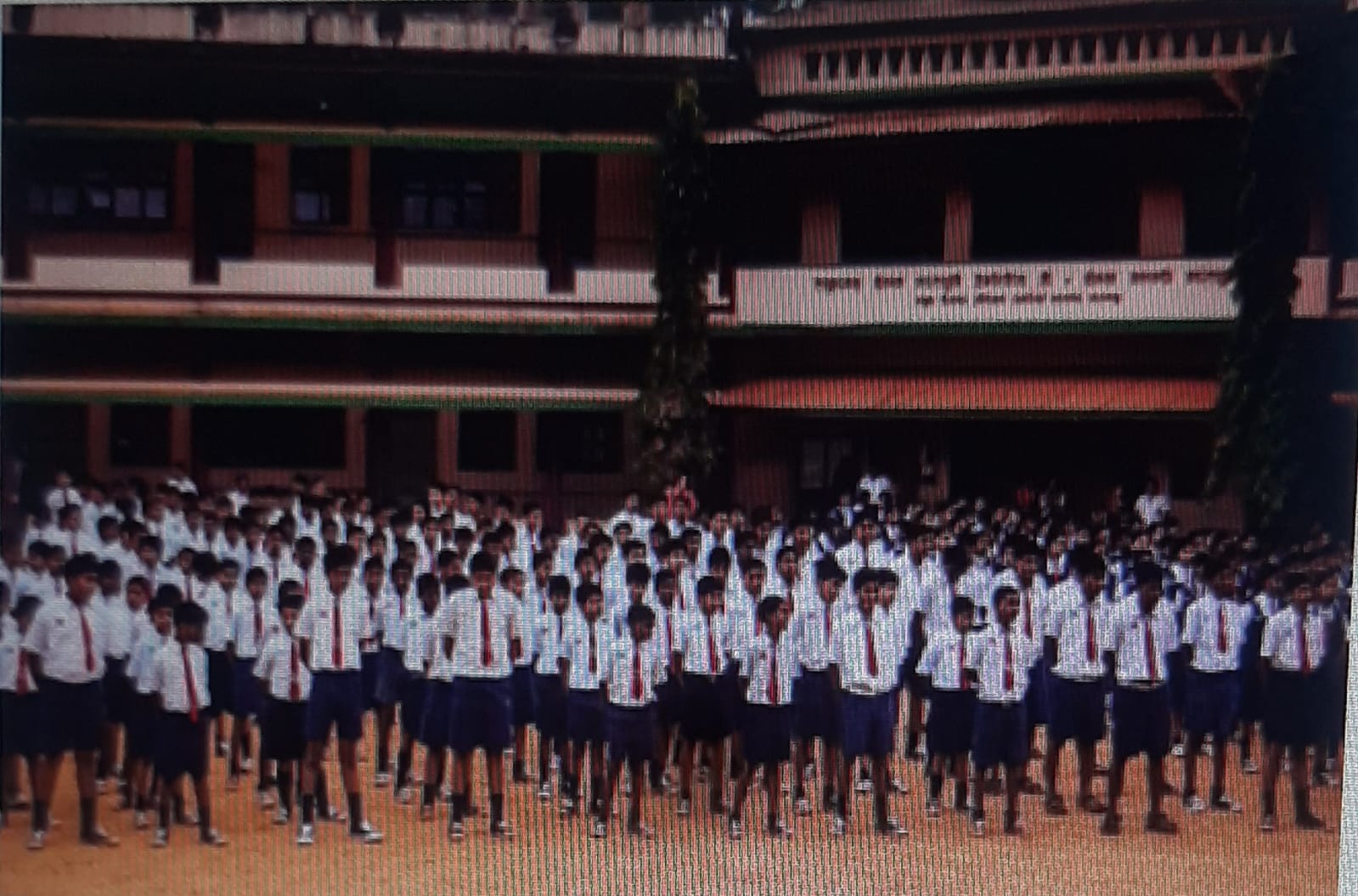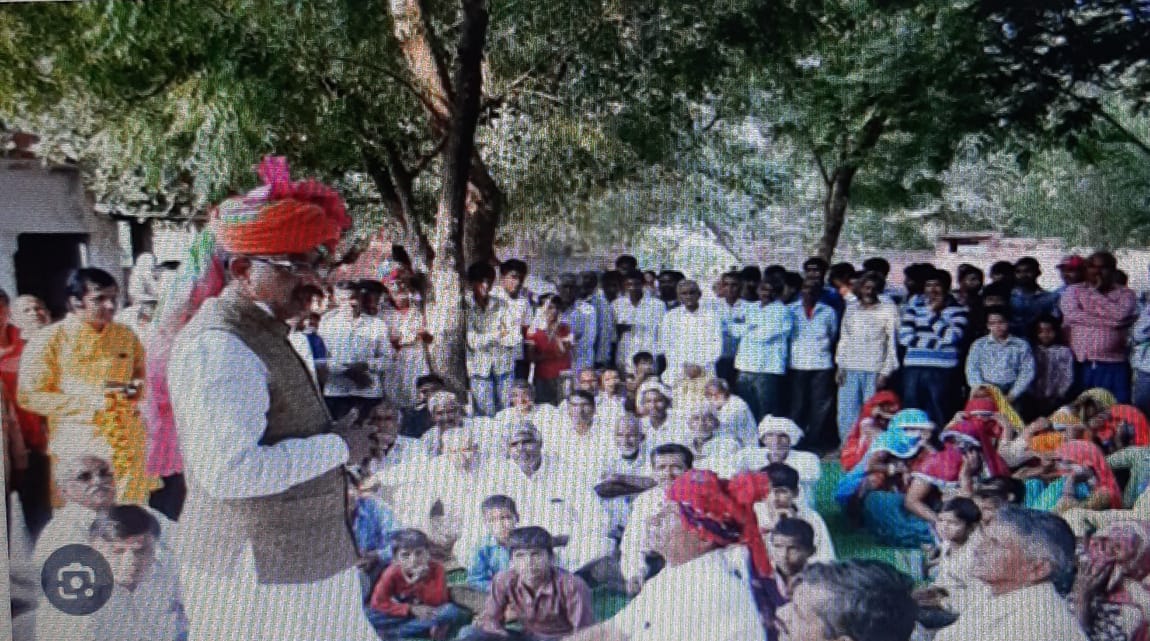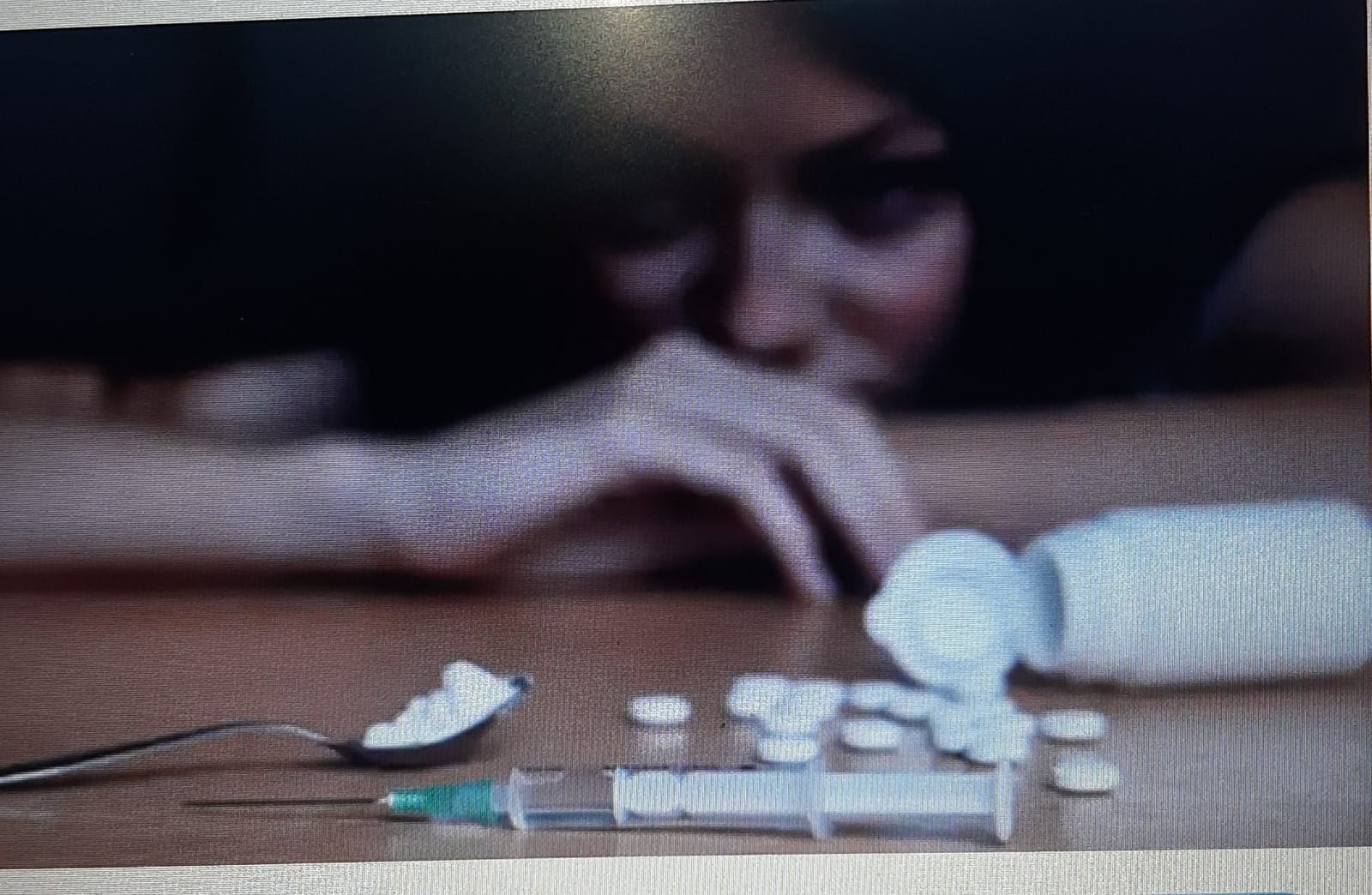
Drug addiction has developed into a serious health pandemic now. It is not only destroying the abuser but his entire family, ravaging the society and the nation. It promotes anti-social behavior such as stealing, crime and violence. It is affecting our economic growth by generating illicit money that is also used for terror funding and anti-national activities. Therefore, it has also ominously become a grave threat to our national security, write former IAS officer V.S.Pandey, and Dr. Smita Pandey.
The sinister menace of substance abuse, silently engulfing and devastating the budding lives of our youngsters predominantly, is increasing exponentially. Data from the Narcotics Control Bureau reveals that at least ten crores are affected and in dire need of treatment. There is nearly a 70% increase in the use of narcotics compared to the last decade or so. In Punjab alone, over 75% of the youth are grappling with drug abuse. It is a national emergency which necessitates a holistic and exigent response from the government. According to a survey by the Ministry of Social Justice and Empowerment, India has more than 70 million drug addicts. The United Nations has reported recently that 13 % of the drug abusers are below the age of 20. Substance abuse is a pandemic on the rampage but it is incomprehensibly absent from our daily discourse. Unlike Covid, it has elicited no emergency response. The broken lives of crores of young abusers around us have failed to stir our collective consciences.
Are we so insensitive, so inhumane, so callous to this raging pandemic? Eradication of this increasing cancer of addiction will not be feasible until the government energises a comprehensive action plan which has to be effectively implemented . The tall claims of the complacent stakeholders that the evil is being curbed are belied by the horrific, agonizing spiraling rise in the number of addicts pan India. Last year, the JK police asserted that the drug menace in the state is an even bigger threat than militancy !

Substance abuse refers to the use of certain chemicals for the purpose of creating pleasurable effects on our brain. It covers a broad gamut comprising the excessive intake of psychoactive drugs like alcohol, nicotine, illegal drugs like heroin and cocaine, synthetic drugs like ecstasy and LSD, other legal substances, sleep and anti-anxiety medications. All these abuses cause temporary dopamine Highs to the users but ultimately result in immense and unreversible physical, social and emotional damage. They cause changes in the brain chemical systems and circuits and impair the users judgement, decision making, memory and ability to learn-scarring and ruining the abusers for life. Injecting drugs by sharing syringes frequently lead to fatal HIV infections.
Opioids cause a majority of drug overdose deaths universally. The most worrying category of drugs abused in India are opioids, with the prevalence of opioid use in India being three times the global average (0.7% Vs 2.1%). Across all the drug categories, drugs in the opioid group (particularly heroin) are associated with the highest rates of disease, death and disability. There has been 600 percent increase in use of opioid since 2004. The rising menace continues unchecked largely because of the faulty excise policy of indifferent central and state governments. It is putting a huge burden on the medical and health services in the country which do not have the requisite infrastructural facilities or the expertise in counselling/treatment required. Unlike most government schemes, checking drug abuse cannot be limited to paper schemes, catchy slogans and mere rhetoric.
‘Nasha mukta’ Bharat has to be made a reality. Drug addiction has developed into a serious health pandemic now. It is not only destroying the abuser but his entire family, ravaging the society and the nation. It promotes anti-social behavior such as stealing, crime and violence. It is affecting our economic growth by generating illicit money that is also used for terror funding and anti-national activities. Therefore, it has also ominously become a grave threat to our national security.
The World Drug Report, 2022, ranked India fourth in terms of the quantity of seized opium in 2020, with a total of 5.2 tons confiscated. Additionally, India was ranked third for the amount of seized morphine in the same year, totaling 0.7 tons. However, these seizures are only a miniscule part of a gigantic flourishing drug supply chain. India’s geographic location close to major opium producing regions leads to easy availability of these drugs. Also, according to the Narcotics Control Bureau (NCB), there is a growing trend of using the ‘dark net’ and cryptocurrency for illicit drug trade. So, the consumption of new psychoactive substances continues to incrementally increase in India. These substances often fall outside the scope of existing drug control regulations, posing major challenges for law enforcement agencies in effectively monitoring and regulating them.
In view of the steep rise in drug menace there is an exigent need of scientific evidence-based treatment which should be made available on an adequate scale for people with substance use disorder. The government should take measures to strengthen the law enforcement agencies involved in drug control, including Customs, the Narcotics Control Bureau, and state police forces. This can include providing them with better training, technology, and resources.
Socio-economic factors like poverty, unemployment, and lack of education do contribute to drug abuse and trafficking. Therefore, the government must address these issues through poverty reduction measures, employment generation schemes, and increased access to education. Reducing demand for drugs can be effectively done through community-based prevention programs, education, awareness and rehabilitation campaigns.
(Additional input by senior journalist M Hasan)
(Vijay Shankar Pandey is former Secretary Government of India, Dr Smita Pandey is a prominent writer)



